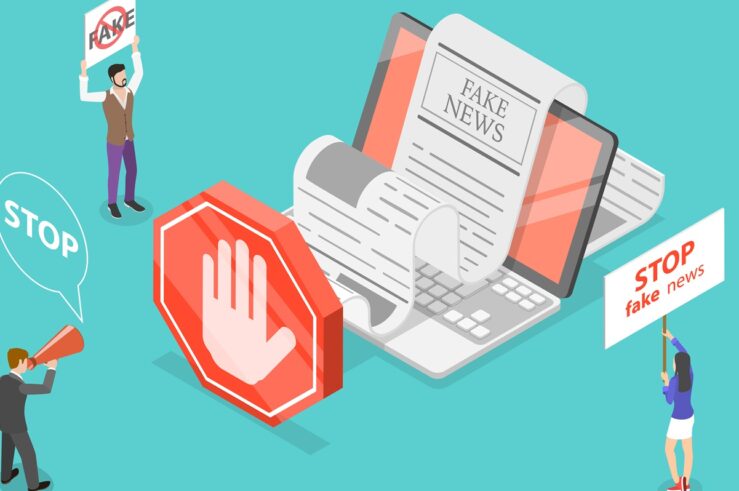The fight over SOPA is about the ownership of intellectual property. Rights to intellectual property have two effects. The benefits of intellectual property are the incentives for creation. The costs are that after some work is created any price above marginal cost (which is often zero for digital property) will discourage valuable use.
Every piece of intellectual property than now exists was created with the incentives that were in place when it was created. No change in intellectual property rights can have any effect on existing works. Therefore, any change in property rights should be entirely prospective. That is, any change in property rights should effect only works copyrighted after the passage of the legislation.
Of course, there are huge rents associated with the ownership of existing rights, and fights over these rents will continue. But we should recognize that these fights are over rents — payments which have no incentive effects. If our goal is efficiency, we should stop wasting resources on these fights and start from now.




